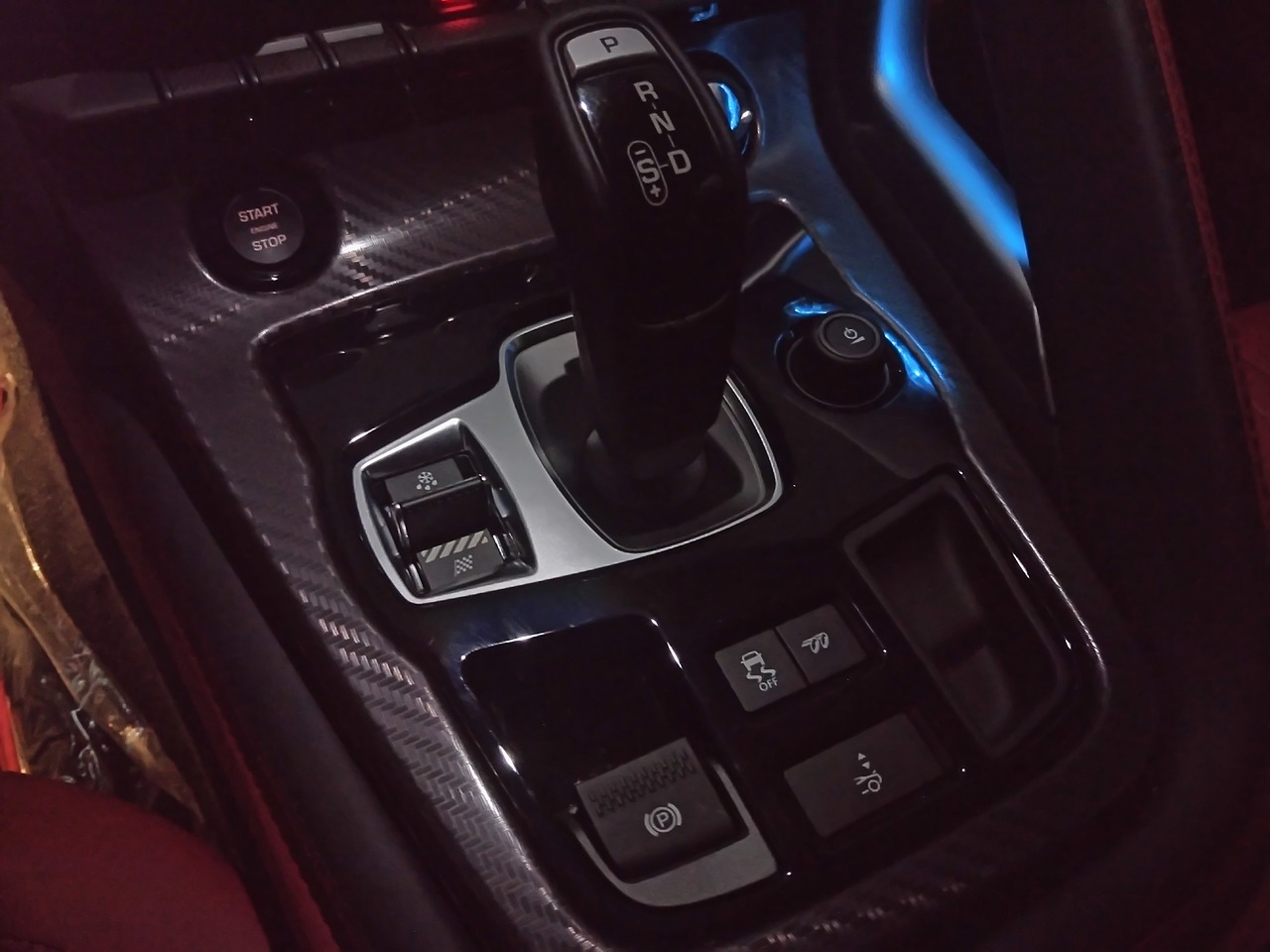Enhancing Control Systems for Improved Handling
world7, mahadev book login, silverexch:Enhancing Control Systems for Improved Handling
Control systems play a crucial role in the performance and handling of various machines and devices. Whether it’s a car, a robotic arm, or a manufacturing process, control systems help regulate and adjust various parameters to ensure smooth operation and optimal performance. In this article, we will discuss the importance of enhancing control systems for improved handling and explore some strategies to achieve this goal.
Understanding Control Systems
Before we delve into the ways to enhance control systems, let’s first understand what control systems are and how they work. A control system is a set of components that work together to regulate the behavior of a system. It involves measurement, comparison, and control actions to achieve a desired outcome. In simple terms, a control system takes input, processes it, and produces output to maintain a desired state or performance level.
In the context of handling, control systems are responsible for managing the various parameters that affect the stability, maneuverability, and overall performance of a machine or device. For example, in a car, the control system adjusts the engine power, steering angle, and braking force to ensure smooth acceleration, cornering, and braking. By enhancing the control systems, we can improve the handling characteristics of the vehicle and enhance user experience.
Strategies to Enhance Control Systems for Improved Handling
Now that we have a basic understanding of control systems, let’s explore some strategies to enhance them for improved handling:
1. Advanced Sensors and Feedback Mechanisms: One of the keys to enhancing control systems is to use advanced sensors and feedback mechanisms to accurately measure the system’s behavior. By collecting real-time data on various parameters such as speed, position, and external forces, the control system can make precise adjustments to maintain stability and performance.
2. Adaptive Control Algorithms: Another strategy to improve handling is to use adaptive control algorithms that can adjust the system parameters based on changing conditions. These algorithms can learn from past experiences and optimize the control actions to achieve better performance in different scenarios.
3. Redundant Systems and Fail-Safe Mechanisms: To enhance safety and reliability, it’s essential to incorporate redundant systems and fail-safe mechanisms in the control system. This can prevent catastrophic failures and provide backup solutions in case of unexpected events.
4. Integration of AI and Machine Learning: Artificial intelligence (AI) and machine learning algorithms can also be used to enhance control systems for improved handling. These technologies can analyze large amounts of data, identify patterns, and make predictions to optimize the control actions in real-time.
5. Improved Communication and Networking: In today’s interconnected world, it’s essential to have efficient communication and networking capabilities in control systems. By enabling seamless data exchange between different components, we can enhance coordination and synchronization, leading to better handling performance.
6. Continuous Monitoring and Maintenance: Lastly, to ensure long-term performance and reliability, it’s crucial to have a robust monitoring and maintenance program in place. By regularly checking the system for any issues or anomalies, we can prevent potential failures and optimize the control system for improved handling.
FAQs
Q: How can I determine if my control system needs enhancement for improved handling?
A: If you notice any inconsistencies in performance, stability issues, or difficulties in controlling the machine or device, it may be a sign that your control system needs enhancement. Consulting with a professional engineer or technician can help you identify areas for improvement.
Q: Are there any cost-effective ways to enhance control systems for improved handling?
A: Yes, there are several cost-effective strategies you can implement to enhance control systems, such as software updates, sensor upgrades, and tuning the control algorithms. These enhancements can offer significant improvements in handling performance without a hefty investment.
Q: What are some common challenges in enhancing control systems for improved handling?
A: Some common challenges include compatibility issues with existing hardware, integration complexities, and the need for specialized expertise in control systems engineering. Overcoming these challenges may require careful planning and collaboration with experienced professionals.
In conclusion, enhancing control systems for improved handling is essential for optimizing performance, safety, and user experience. By implementing advanced sensors, adaptive algorithms, redundant systems, AI, and continuous monitoring, we can achieve better handling characteristics and overall efficiency in various applications. Remember to prioritize safety, reliability, and cost-effectiveness when upgrading control systems to ensure long-term success.







